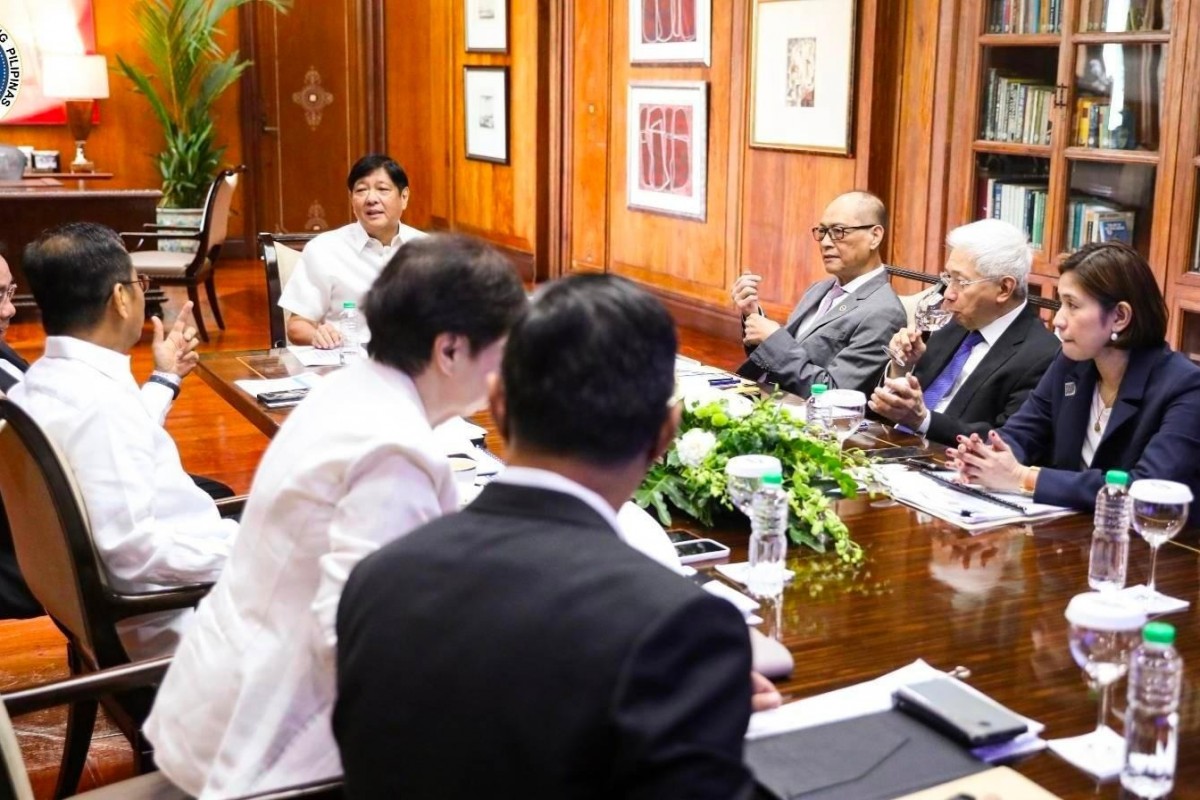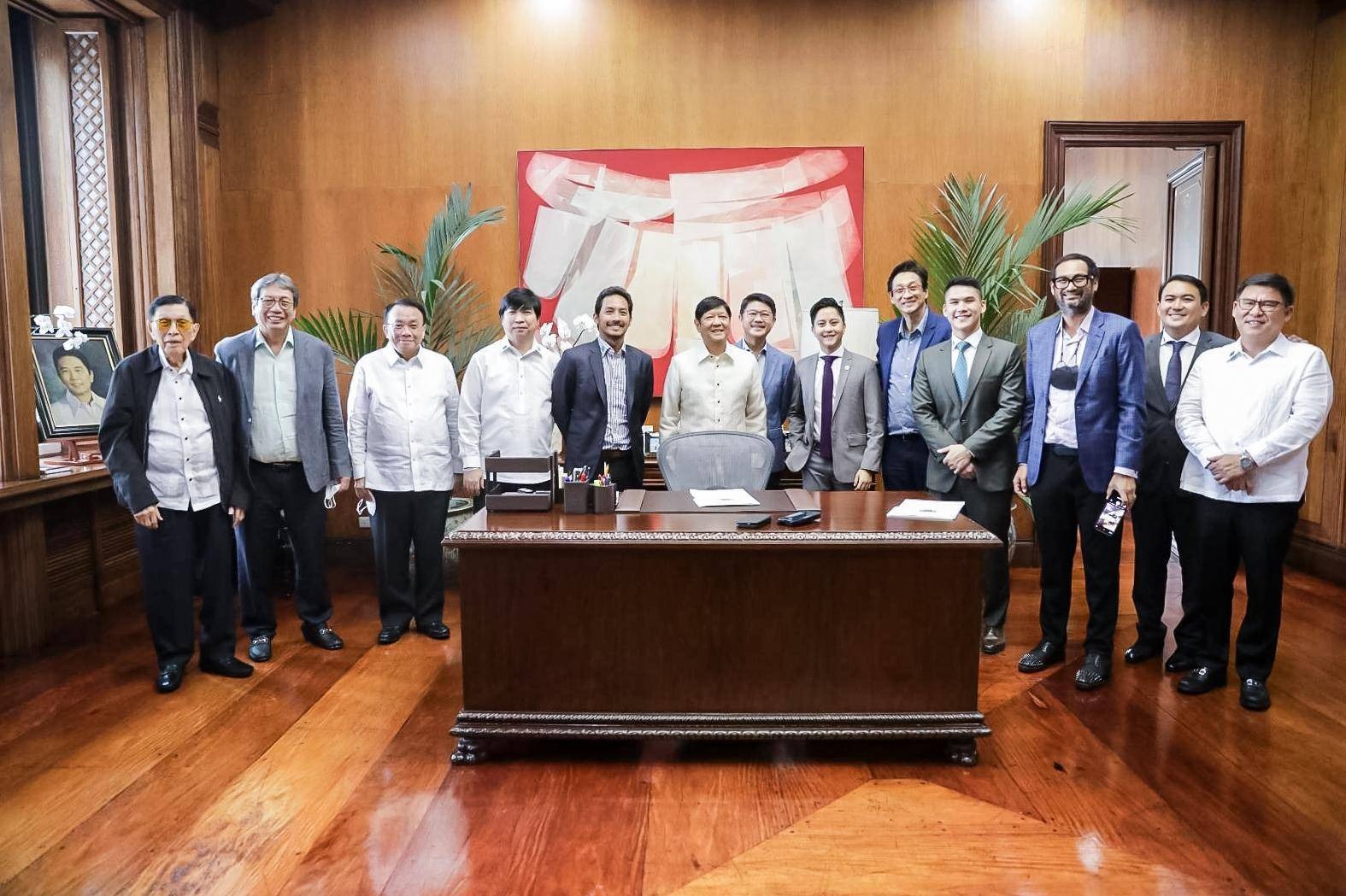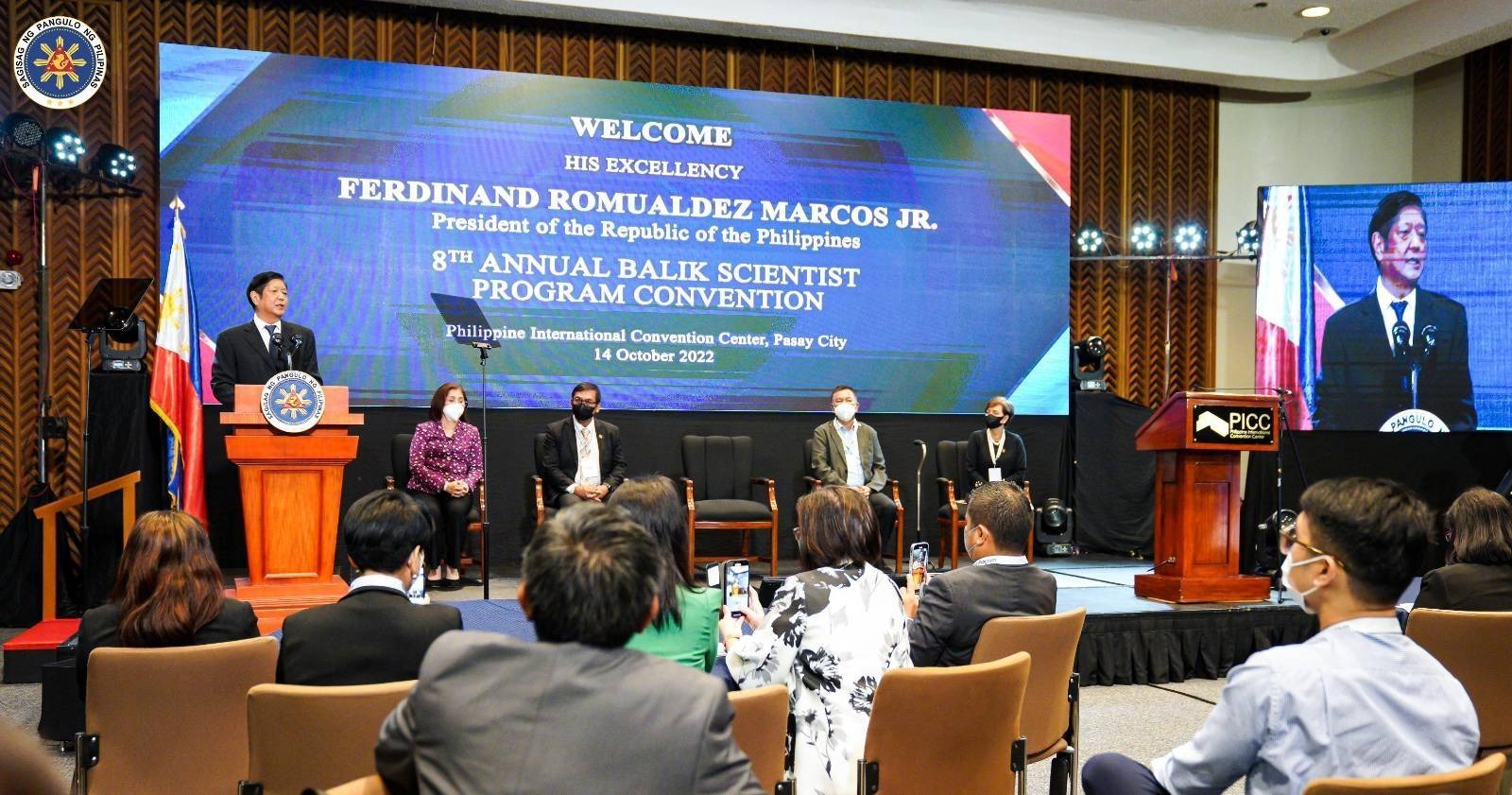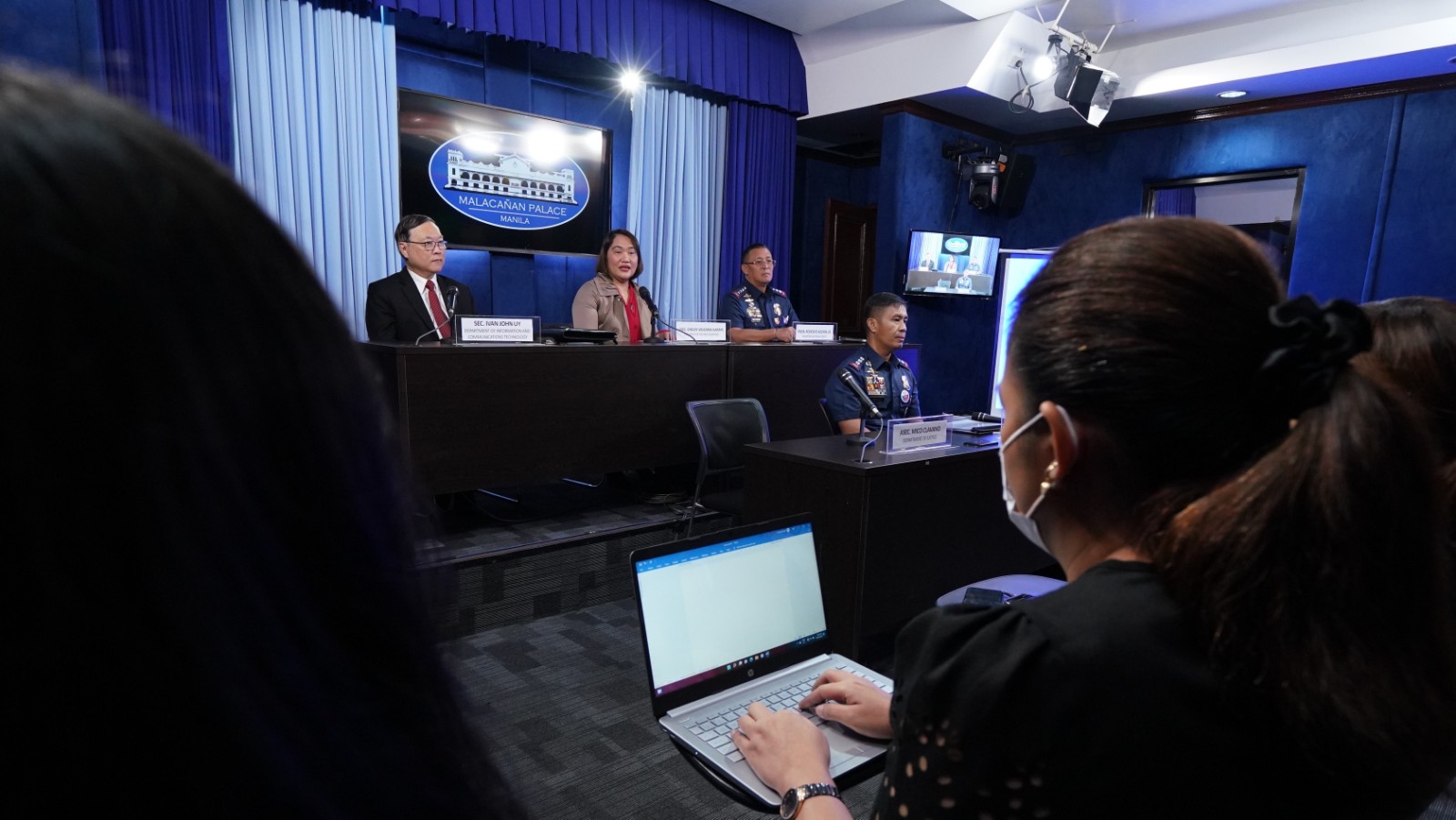MANILA -- President Ferdinand R. Marcos convened the members of his economic team Tuesday to determine and formulate the administration's economic policy directions for the rest of the year until the first quarter of 2023.
Discussed during the meeting were issues affecting the country, such as inflation, interest rates, and foreign exchange.
Socioeconomic Planning Secretary Arsenio Balisacan, who also heads the National Economic and Development Authority (NEDA), said while the Philippines "cannot escape the effects of these global headwinds," the administration is "mindful of these challenges."
Through the Medium-Term Fiscal Program and Philippine Development Plan (PDP) framed by the 8-Point Socioeconomic Agenda, Balisacan said the government has developed critical policy and legislative priorities to address the economy's short-term and medium-term issues in the next six years.
"The PDP's targeted completion before the end of the year assures us that we will have a robust roadmap for navigating short-term challenges and uncertainties," Balisacan said in a separate press conference.
The NEDA director-general said the PDP contains strategic actions to quickly address constraints in the country's food, energy, and transportation systems.
"The plan shall include measures to strengthen the economy's foundation for more and higher-quality job creation by addressing the most binding constraints to business investment and expansion in growth drivers such as manufacturing and agriculture, tourism, IT-BPOs, construction, and the creative industries," Balisacan pointed out.
The government has just established policy directions for the rest of the year and the first quarter of next year following the meeting.
Members of the economic team include the secretaries of finance, trade, budget, public works and highways, the NEDA director-general and the governor of the Bangko Sentral ng Pilipinas (BSP).
Marcos appointed Finance Secretary Benjamin E. Diokno at the helm of his economic team. (PND)





